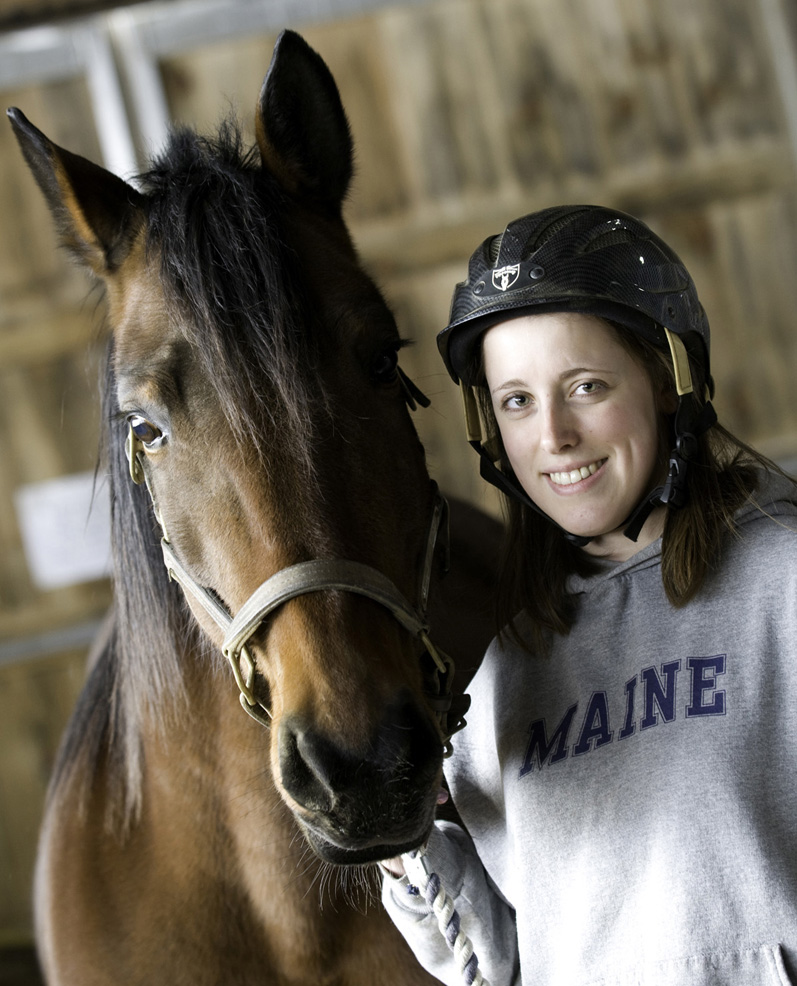
Development of new technologies for animal disease surveillance and diagnosis
According to the Maine Farm Bureau, Maine is home to 35,000 horses, with an economic impact of approximately $364 million. Although isolated, Maine is nevertheless on the front lines of national biosecurity due to its extensive sea and land borders and at risk for new outbreaks of diseases in animal populations. The economic impact of such disease outbreaks can be devastating to individual farms, the state, and the nation. Maine is also home to a strong biotechnology sector with a successful track record in development of animal-disease diagnostics. To benefit both the agriculture and biotechnology sectors of Maine’s economy, we wish to foster innovation and commercialization of new technologies of animal-disease surveillance. Diseases of economic importance will be used as focal points for applied research, product development, commercialization, and wide-spread surveillance. The respiratory infection known as equine “strangles” has been selected as a starting point for this collaboration. The primary goal of the project is to develop a standard protocol for detection of strangles carriers using technology developed in Maine in conjunction with guttural pouch endoscopy, and then implement a strangles surveillance program in a small population of horses, with subsequent expansion to a larger population throughout the state. This should result in reduced incidence of strangles in Maine.
Investigators: Causey, R. C.; Lichtenwalner, A.; Weber, J.; Timoney, J.; Paradis, M. R.
Unit: School of Food and Agriculture
Termination Date: 30-Sep-17
